Women in War Stories - 2025 Edition
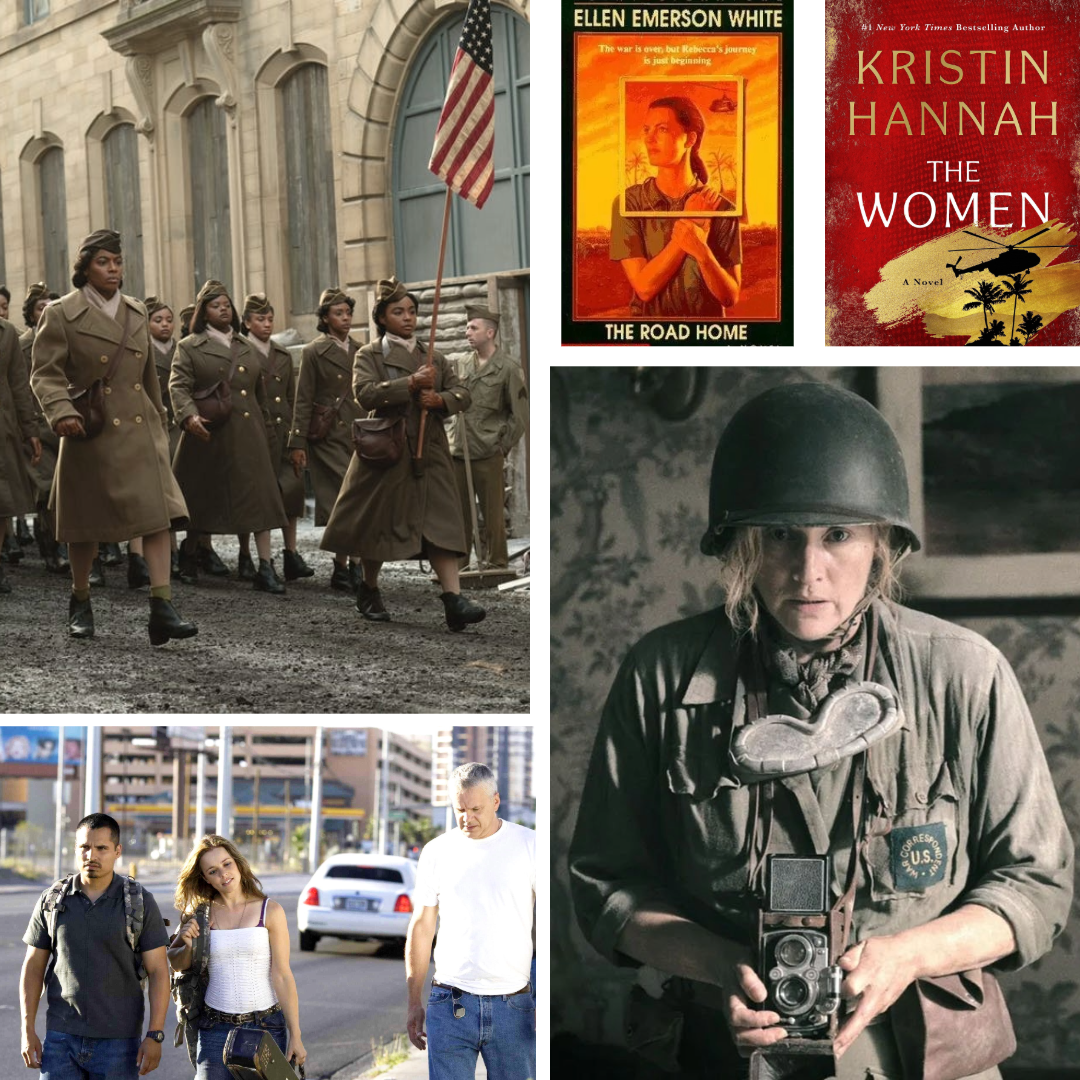
It's become an annual Memorial Day tradition for me to highlight women in war stories, in honor of the soldiers (of all genders) who have given their lives in our conflicts.
Read other editions of my Women in War Stories series.
This year was a treat. A couple movies I'd been looking forward to came out, I got around to watching one that had been on my list for several years now, and I discovered a few unexpectedly good books. It was a welcome improvement over previous years of scouring the internet for hidden gems.
The Six Triple Eight
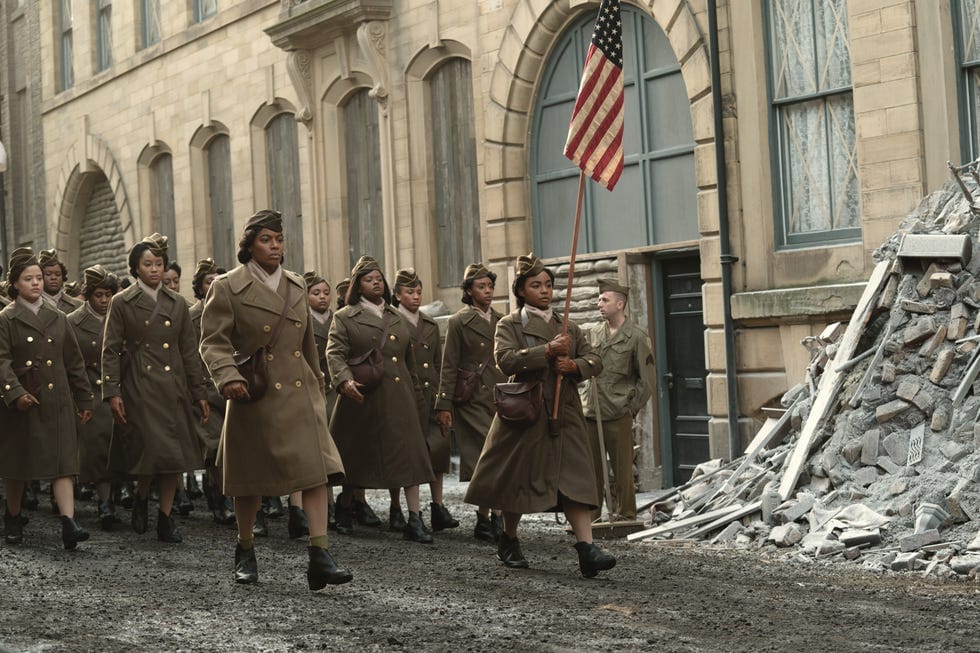
The Six Triple Eight follows the story of the 6888th Central Postal Directory Battalion, the only all-Black/multi-ethnic unit of the Women's Army Corps to serve in Europe during WW2. There they were given the impossible task of dealing with a backlog of 17 million pieces of mail in 6 months.
What the movie gets right is honoring the women's service and showing the challenges they faced. Working in the bitter cold in unheated buildings. Facing discrimination and harassment from their fellow soldiers. Constantly doubted and undermined by their leaders. This all happened, and it was a story that deserves to be told.
Where it misses the mark a bit is in its characterization. The story starts off focusing on Lena Derriecott (played by Ebony Obsidian), a real 6888 servicewoman who also served as a consultant for the film. When her pilot boyfriend Abram is killed in action, Lena is driven to join the army. Visions of Abram (literally) propel Lena through her most challenging moments in the story. This undermines her character, giving her a crutch instead of showing her own inner strength. It also trots out fiction's tired trope that it takes a man to motivate a woman into joining the military. The real Lena was already planning on joining the military when her friend (not boyfriend) Abram was killed.
The movie splits its time between Lena's story and that of the 6888's commander, Major Charity Adams (played by Kerry Washington). Adams is a formidable presence. She initially comes across as a typical hard-nosed boss, but scenes with her and her right-hand-woman help to round out and humanize her. I think the intention was to show both the unit's story (through Adams) and the personal impact (through Lena), but trying to do both just left everything a bit muddled.
There are various other historical inaccuracies that bugged me as a history buff, but which probably don't impact the overall story much. Delivering the mail isn't the most glamorous task, and the movie does a great job of showing the importance of the job ("No Mail, Low Morale" was their motto) and the fierce resilience of the women who carried it out.
Read their real story here:
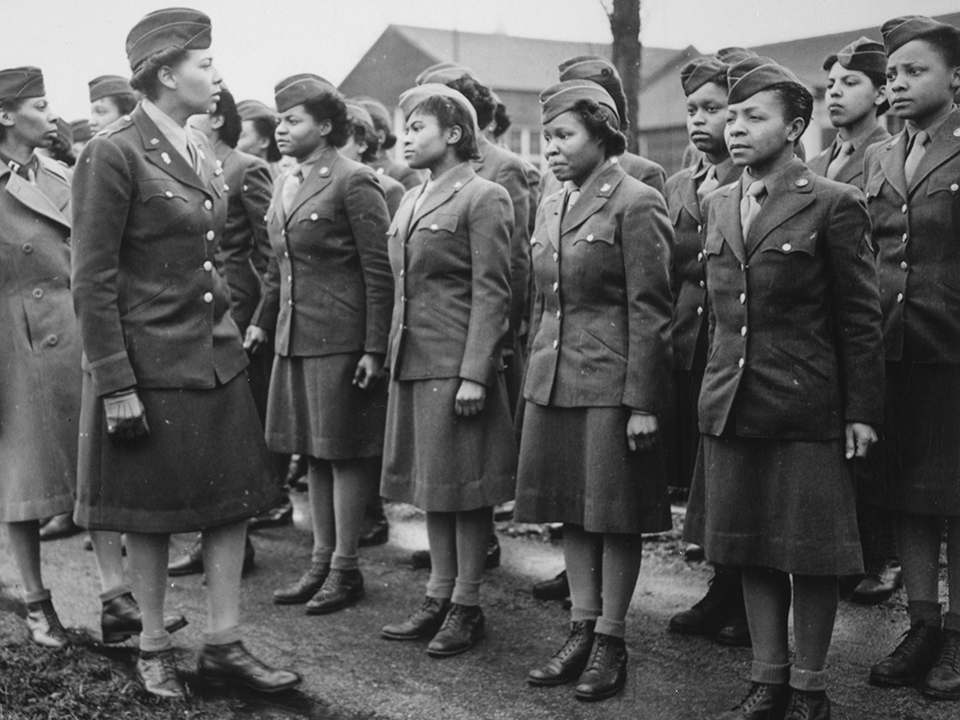
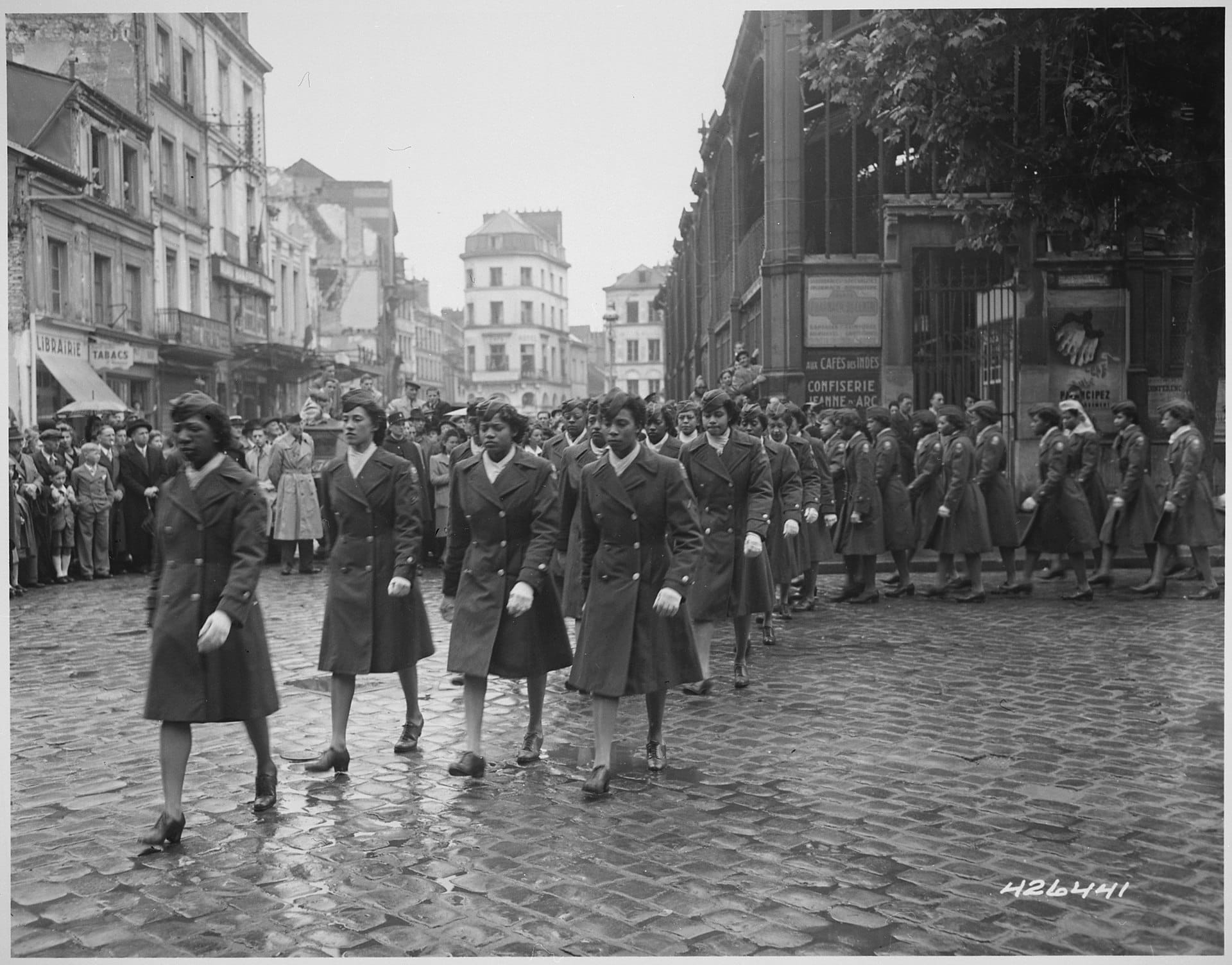
Where to Watch
Powered by
Lee
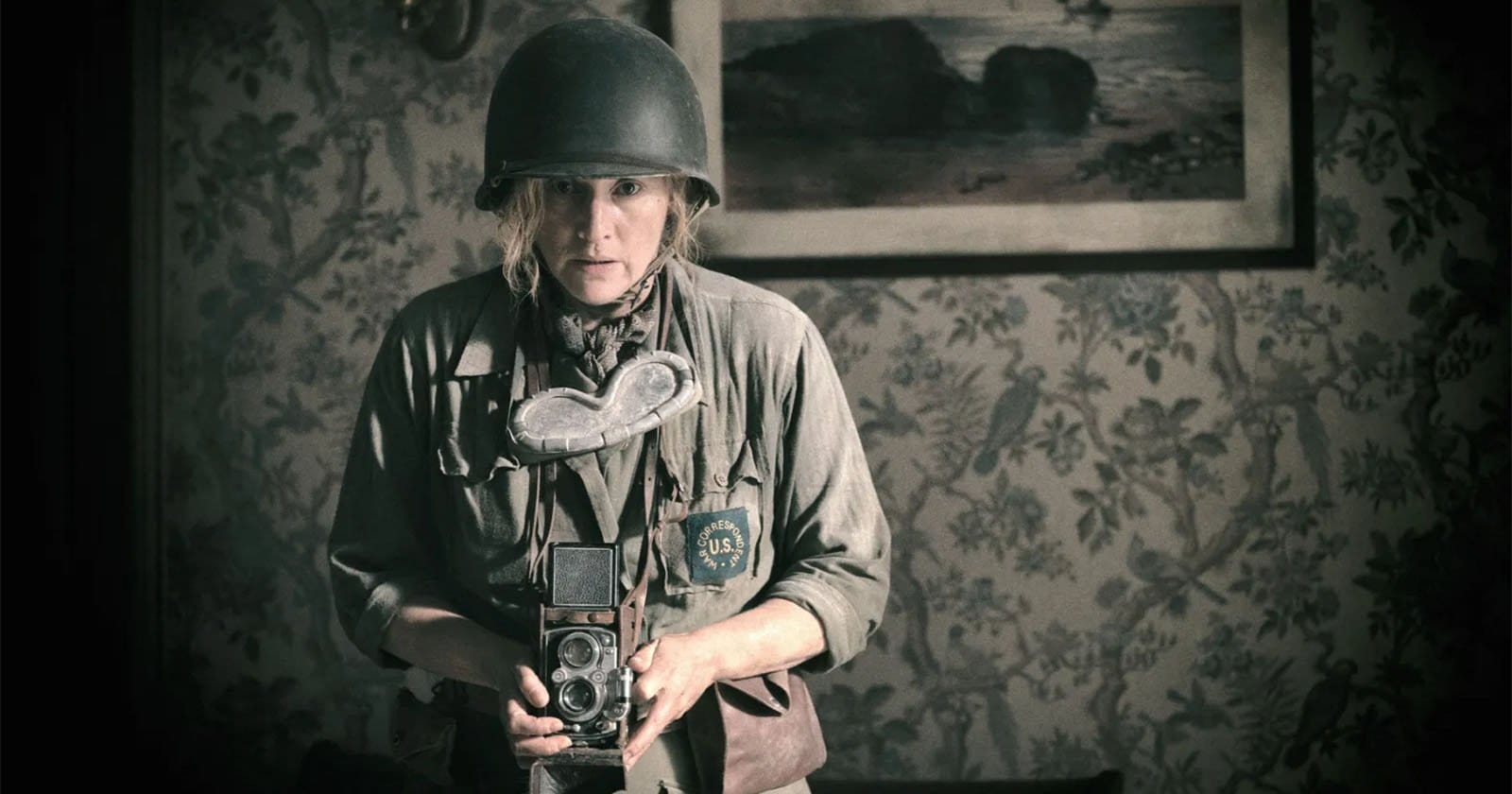
Lee, starring the awesome Kate Winslet, is a biopic about the fashion model turned war photographer Lee Miller. Miller was one of a handful of female war correspondents operating in Europe during World War 2, and the first to be attached to an advancing infantry unit.
The film starts off a little slow, following Miller's earlier life hanging out with fellow artists in Paris before the war. Apart from introducing her to her future husband (played by Alexander Skarsgård) and establishing her as a free spirit, this section doesn't contribute much to the story. There's also an awkward framing device of an older Miller in the world's most uncooperative interview, sparingly sharing details of her experiences. Its purpose becomes clear in the end, but I would have preferred the story be told straight.
Despite these rough patches, the film shines in its depiction of Miller's wartime experiences. Miller often faces discrimination, with women barred from press briefings and military areas. But her determination and creativity helps her find stories in unlikely places, giving her photographs a unique perspective. At one point, she's sent into a "pacified" area that turns out to be anything but. The most poignant moments, though, are when she shows the human cost of the war—especially after the liberation of the concentration camps.
I enjoyed Miller's friendship with fellow correspondent "Davy" Scherman, played by Adam Samberg. (I'd only seen him in comedic roles before this, but he did a great job in a serious turn.) They make a great team, and I loved the way they always support each other. Scherman is also the one responsible for some of the most iconic photographs of Miller, including a famous one taken in Hitler's apartment.
The movie seems to be incredibly faithful to Miller's story. Many scenes directly mirroring the stories told by Miller's photographs, which you can still see in an archive (linked below) started by her son. Overall it was an interesting film showing a different perspective of the war.
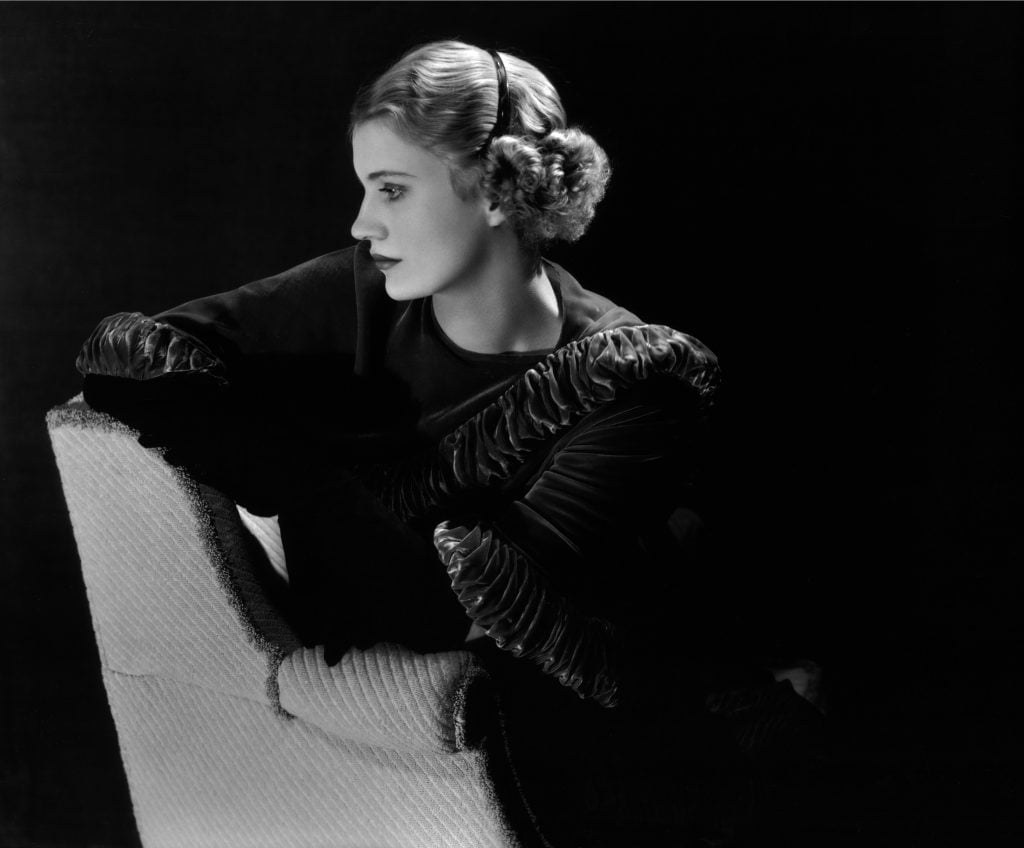
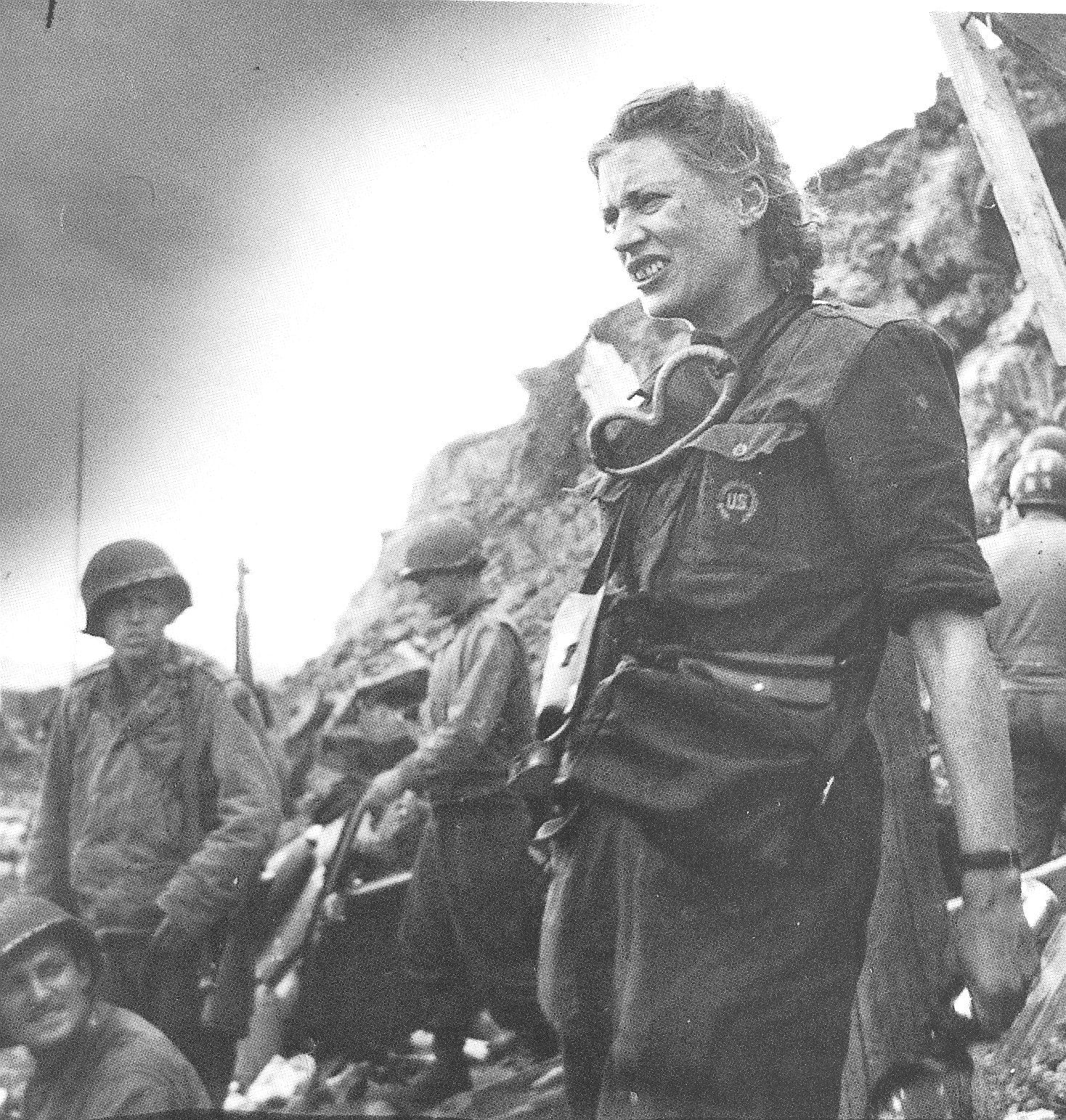
Where to Watch
Powered by
The Women and The Road Home
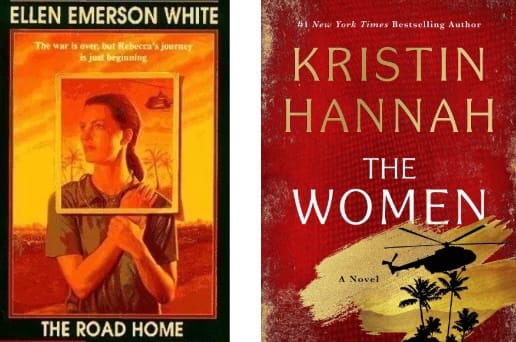
These two books about Army nurses are the Vietnam War equivalent of the movies Armageddon and Deep Impact. Similar general concept, very different in tone and execution. In both, an idealistic young military nurse is thrown into the deep end of brutal battlefield medicine, then returns home with a lot of baggage. Like the asteroid movies, I enjoyed both for different reasons.
Read my full review of The Road Home and The Women in past blog posts.
Lucky Ones
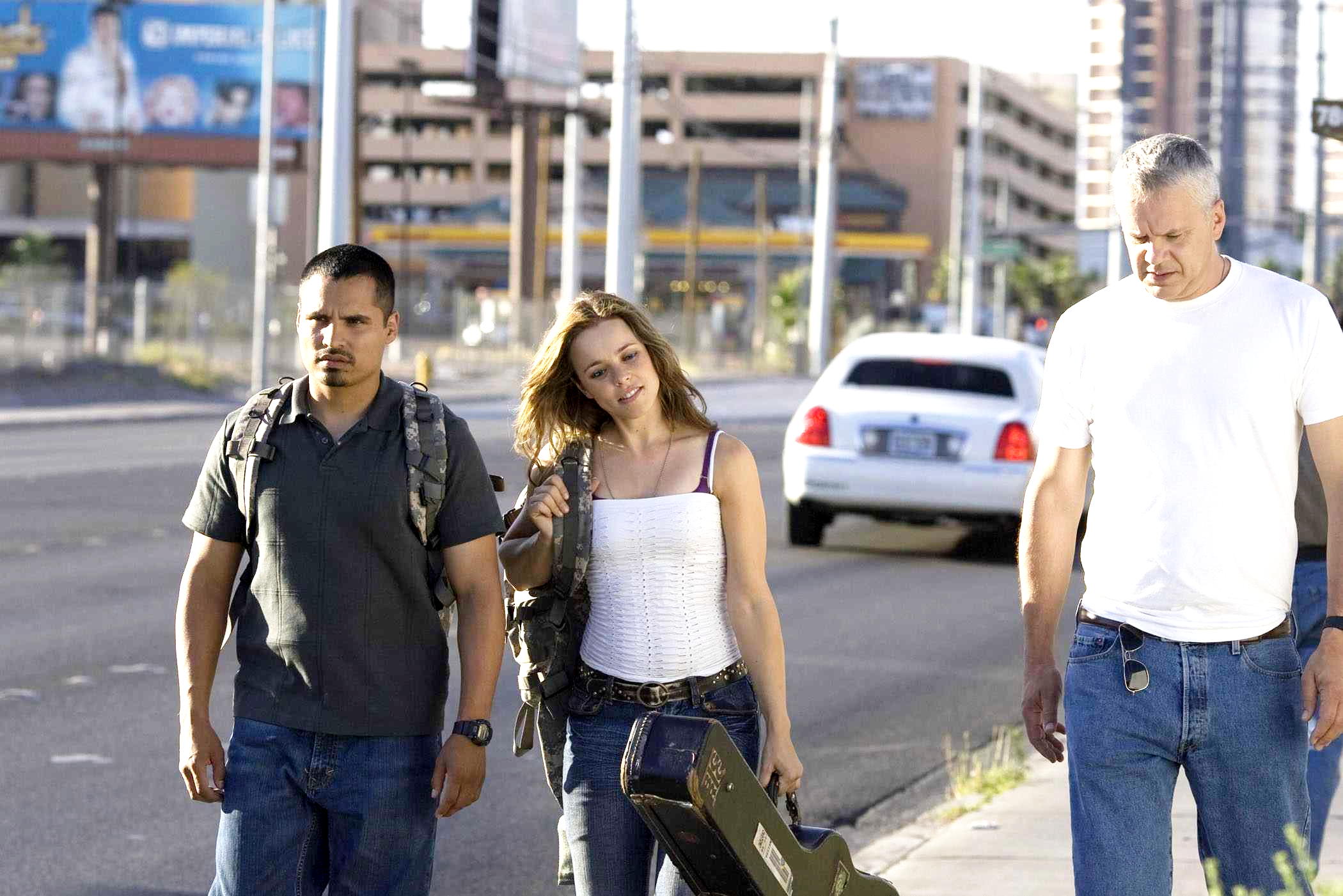
A brief honorable mention goes to The Lucky Ones, a movie about three Iraq War veterans on a road trip. Colee (Rachel McAdams) and T.K. (Michael Peña) are on leave and Cheaver (Tim Robbins) is retiring. The three decide to carpool after being stranded at the airport by a blackout. The characters are all engaging, and the acting is top-notch. Each of the three is figuratively and/or literally wounded by their experience overseas, and it's great to see them banter and bond. Unfortunately, the story is pretty uneven. There are a few heartfelt moments, but also a lot of cringe and over-the-top plotlines. Not bad, but not great.
Where to Watch
Powered by

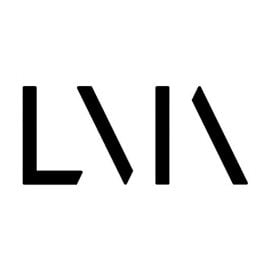
Jurassic World: Rebirth - Movie Review
Into the Gray Zone - Book Review